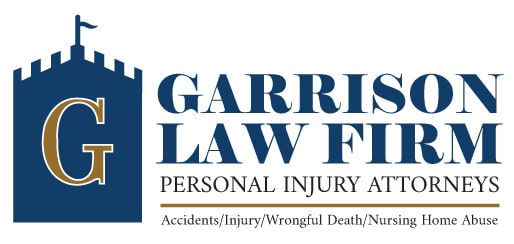MEDICAL MISINTERPRETATION: DOCTOR’S ERRORS PLACING PATIENTS AT RISK
In a recent Washington Post Article Daniel Morgan, contributor and doctor, exposes that many doctors are shocking bad at reading and interpreting medical test results. The article begins by detailing the account of an elderly man seeking medical attention for headaches, fever, and low blood pressure. While at the hospital, the doctors ordered and misinterpreted the results of an angiogram, a scan of blood vessels in the brain. As a result, an invasive test requiring that blood vessel in the brain be injected with dye was ordered. Ultimately, the test results failed to show any problems, yet the man suffered a series of strokes causing permanent damage to both speech and memory. Worst of all, the strokes were entirely avoidable.
Morgan details the increasingly technological culture and methods of practice within modern hospitals. As technology progresses doctors are becoming more reliant on a multitude of tests and scans, which are becoming increasingly sophisticated and easy to perform. Morgan claims that he daily reviews 10 cases and interprets the results of more 150 tests that he orders. Furthermore, doctors order more than 4 billion tests in this country annually. Although the proliferation of tests and scans in the profession is not necessarily bad, misinterpreting the results can lead to drastic and often avoidable consequences.
Morgan asserts that based on his research an alarming number of doctors are bad at reading test results and overestimate their degree of accuracy. Specifically, many doctors struggle with the concept of false positives, which is the incorrect assumption that a patient tested positive for a particular ailment. What can be characterized as a better safe than sorry approach, could not be further from the truth. The result of inaccuracies means that patients are likely to receive unnecessary treatments which increases the risks of complications and other ailments, as well as a host of physical, financial, and emotional costs. Ultimately, patients can experience avoidable injuries and be put in life threatening situations unnecessarily.
Misinterpreting false positives is further exacerbated by many doctors misunderstanding of statistics and probability. Morgan cites a recent study showing that nearly half of the doctors immensely overestimated the occurrence of a particular ailment based on a poor understanding of false positives, percentages, and statistics. Furthermore, Morgan presents additional studies to illustrate the degree of inaccuracy. One study showed that 84% of the positive results for a common heart attack test were false. Another study showed that gynecologists incorrectly interpreted positive mammogram results as indicating a woman’s chances of having breast cancer were higher than 80% when in fact the it was less than 10%. Moreover, the instances of inaccuracy are not limited to a small subset of tests and ailments, rather it is pervasive in many areas.
One explanation for the pervasiveness of the problem is that doctors overvalue the benefits from test results and treatments, a misconception that even Morgan admits succumbing to. Based on his own research almost 80% of the doctors studied overvalued medical tests and treatments. This helps to explain that almost 90% of the patients received an unnecessary test, and nearly 33% of all test were unnecessary. Regrettably, Morgan asserts that there is not a simple solution for doctors overusing and overvaluing medical tests and treatments. Although, he proposes some suggestions. Doctors need to be better educated regarding probability and risk, as well as the degree of accuracy for particular tests. Additionally, patients should be aware of the potential pitfalls medical tests and treatments present so as to inquire about the probability that a diagnosis is accurate.
The implications of Morgan’s article are far reaching because medical error and malpractice is the third leading cause of death in the United States. For over the past 25 years, attorney Kevin Garrison has sought justice for many medical malpractice victims and their families. Garrison Law focuses on personal injury cases, and welcomes all question either online or by phone.
623-915-1100
www.garrisonlawfirm.com

